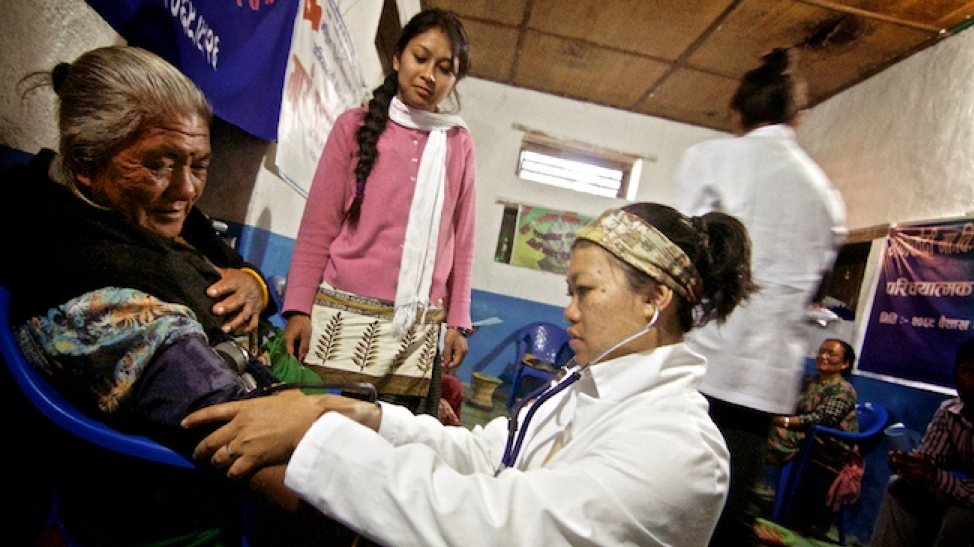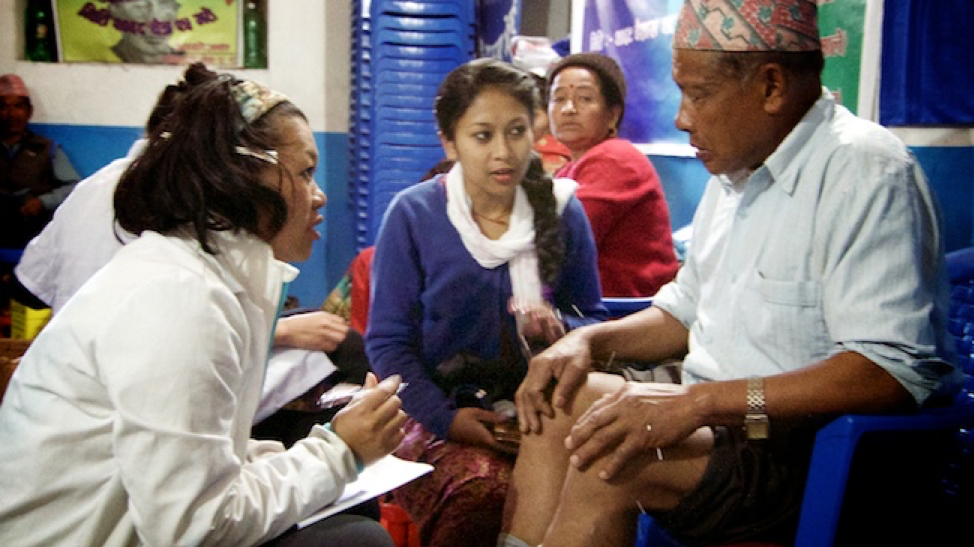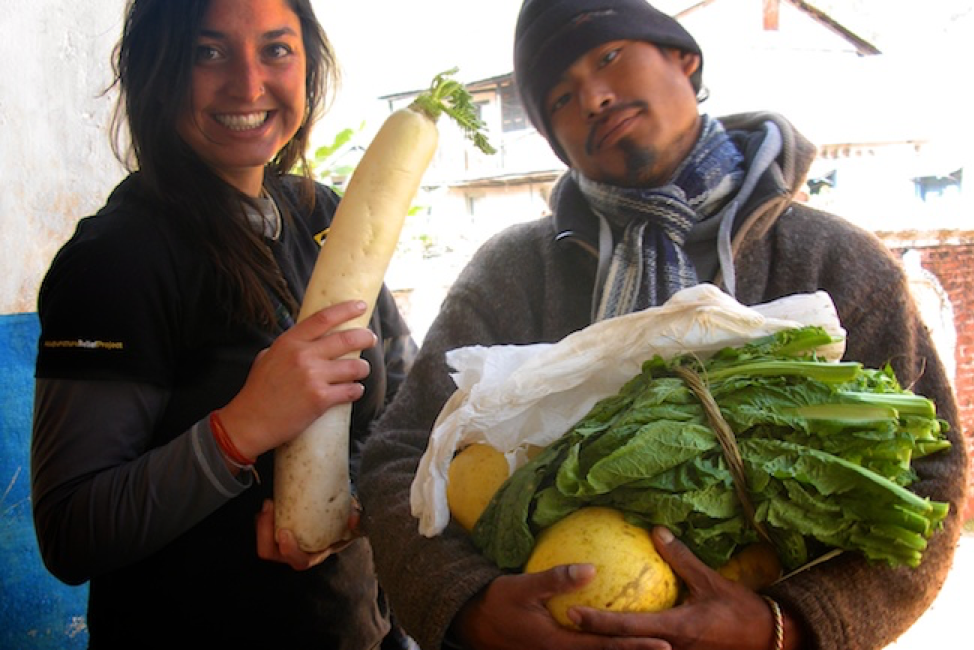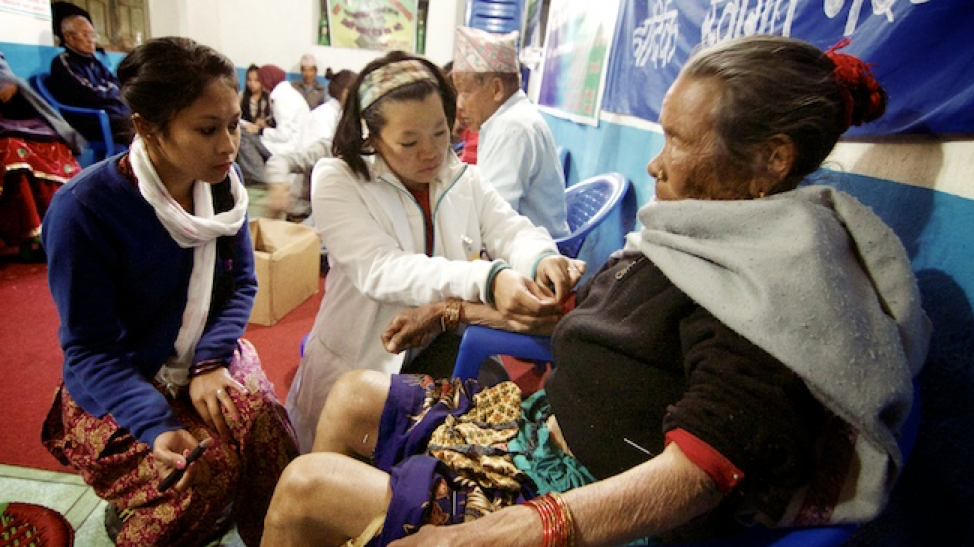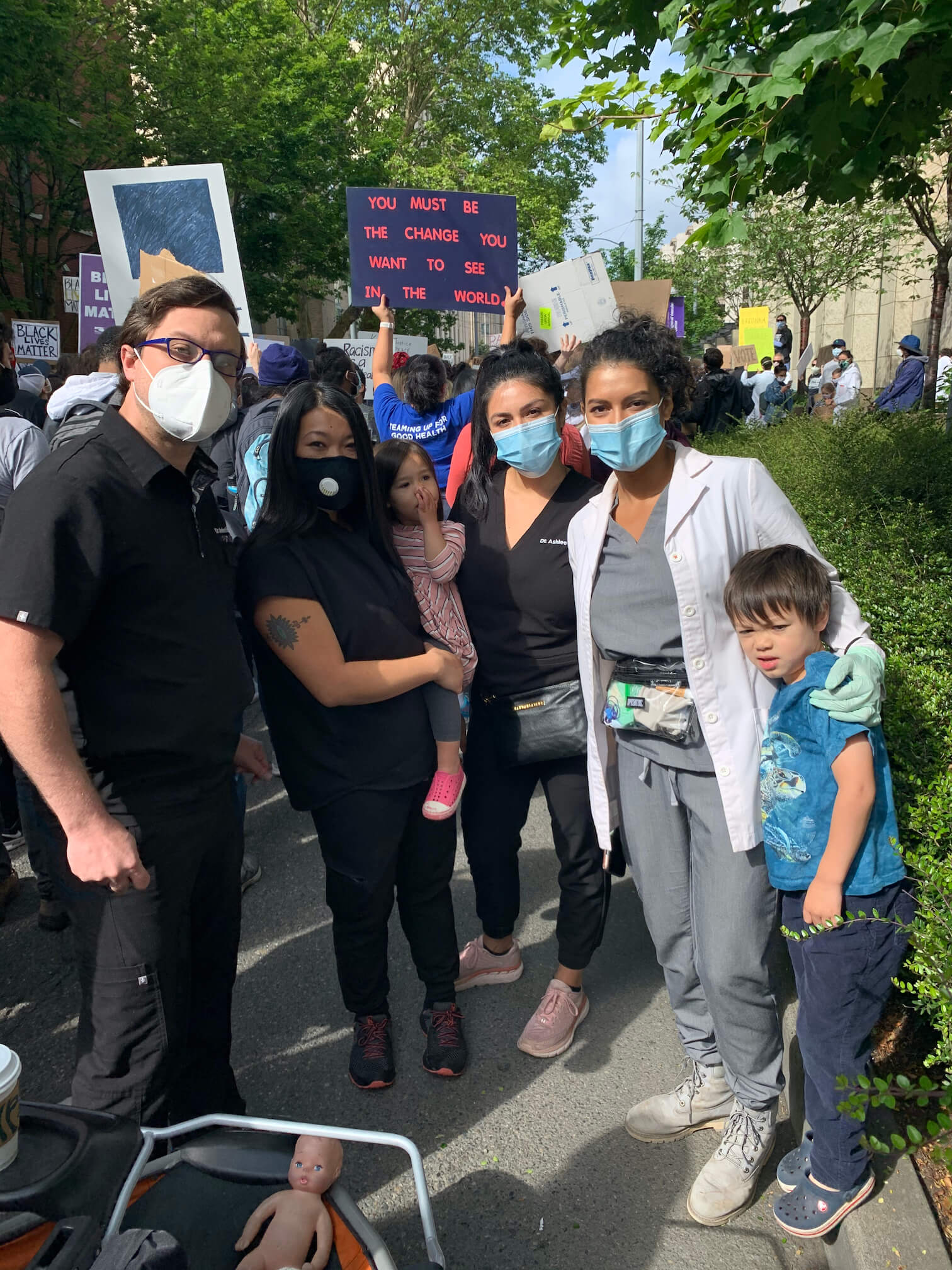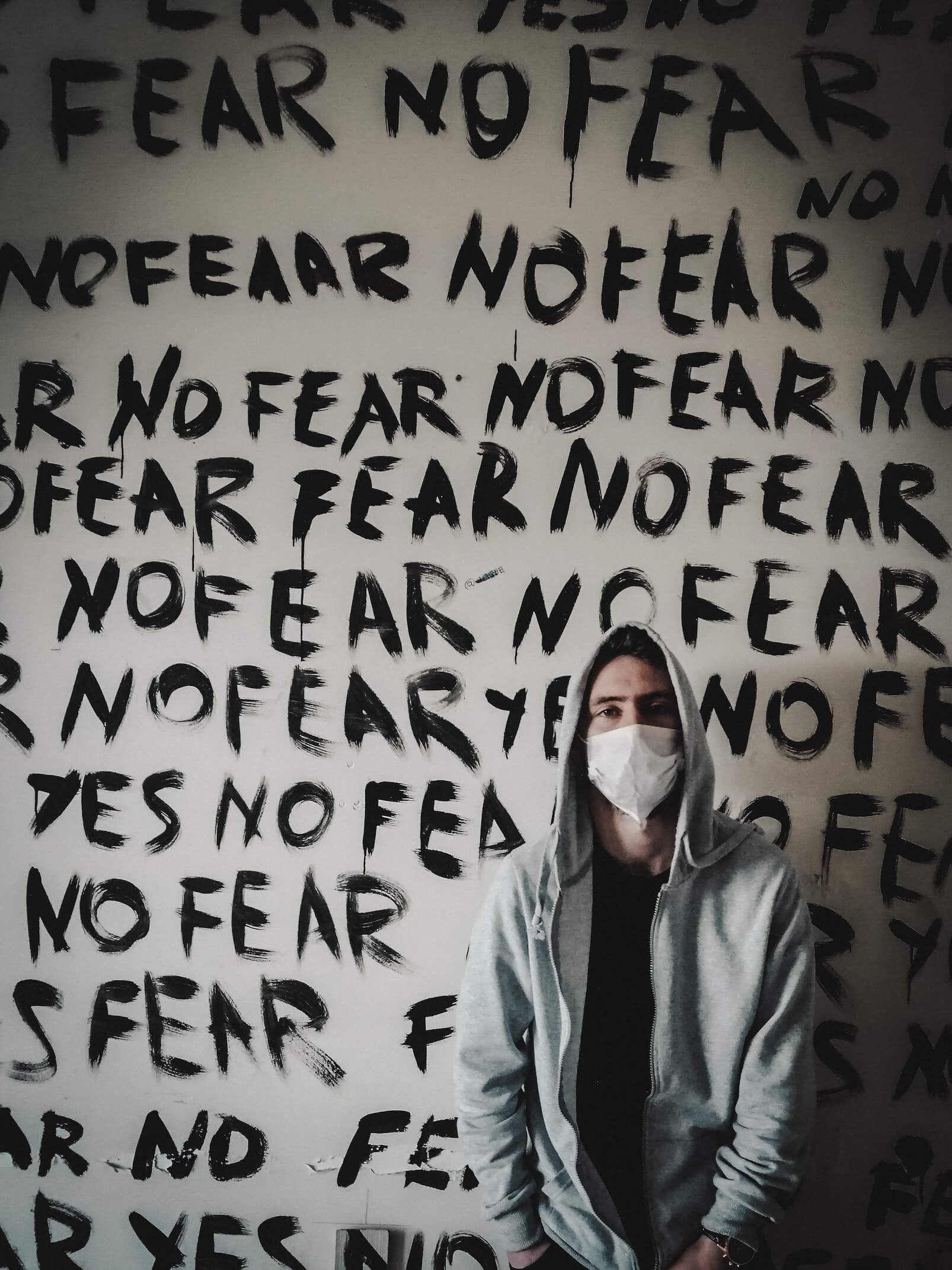This blog was originally posted in the Acupuncture Relief Project blog and was also titled “Vegetables for Medicine” back in January 2014. This is a repost but with some recent additions to it as my recollection of the experience has aged over the past six years. You can click on the title link to land on the original post.
A vibrant community.
I didn’t really know what to write about as far as my experience in Bhimphedi, Nepal goes. There were no dramatic events that stuck out in my mind. All I knew was that it was one of the most wonderful experiences of my life. It was composed of small, subtle but beautiful moments. I still think fondly of it today, and have an even greater appreciation of how that experience has shaped me and continues to inspire along my journey of learning to do good healthcare.
First of all, I had always dreamed of working in a small rural community. Our clinic was small and simple with three practitioners, three interpreters and always twelve patients rotating in and out. The room was small and dark when we first entered. The blue cement walls were sooty and the carpet was dark and dingy, barely lightened by the sunbeams shining through the windows. But as we went about setting out the bright blue plastic chairs and the colorful quilted cushions, and the room began to fill with its first round of patients, there was a vibrancy in there that I loved.
Days were long as we rotated through patients, attempting to communicate with them about general health let alone acupuncture and herbs. We talked via the interpreters and used our own body language, trying to read through the gaps of cultural differences in the conversations. We worked hard but every day was filled with several spontaneous moments of laughter with the interpreters and the patients. The room was a community. There was no HIPAA there. There, the interactions and relationships were as much part a of our medicine as the needles, the herbs, and the education.
Extra love and Qi.
On days when patients brought us some of the many vegetables and fruits that they grow in their fields at home to thank us, I would walk home with the goods in hand and think about how I’ve always dreamed about being this exact kind of practitioner. The village doctor, offering healthcare in ways the community and the patient could afford.
The village woman that we stayed with, we called her “Auntie”, was gleefully excited as we hand over the huge bunches of greens, radishes, carrots, and whatever else we’d gotten for the day. She took them to her cooking area and we could see she’d already started on dinner. She had chickpeas in the pressure cooker, rice in a large pot, and there was smoke coming from the cooking fire. I was fascinated by the cooking stones that she used to mash tomatoes and various other vegetables and spices into some of the most delicious sauces I’ve ever eaten. There was a unique sense of satisfaction in knowing that the vegetables we had brought home would be in our dinner tonight and our lunch tomorrow. The food was filled with extra love and Qi.
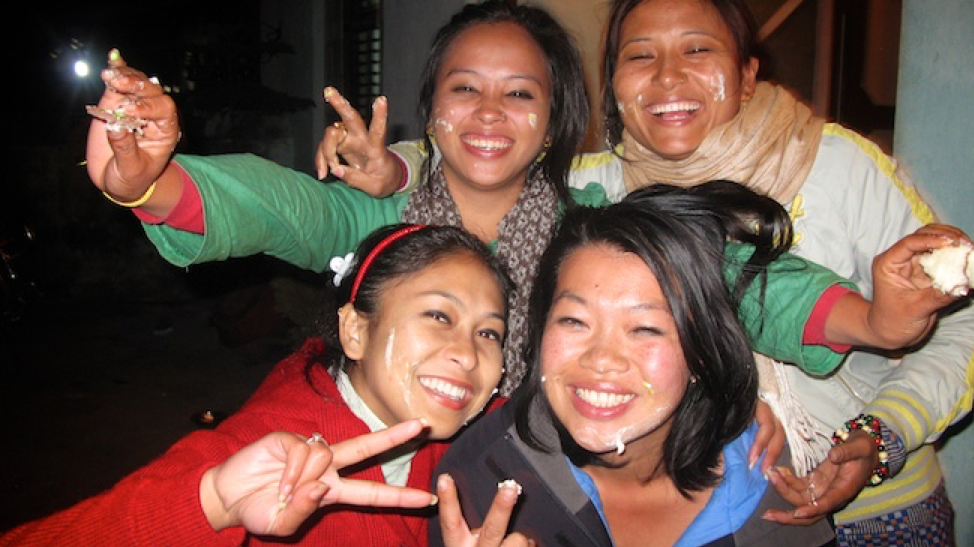
The songs of friendship.
Secondly, Nepali people are amazing! In addition to being kind and welcoming, and every Nepali person I had ever met there had an amazing singing voice and knew the words to every Nepali folk song. Dinner time and bus rides broke into spontaneous songs and you never knew when it would happen- it was incredibly lovely. We learned a couple of the local favorites (at least the chorus) just so we could join in.
Our interpreters were all amazing and bright people and they worked very hard with us. But the Nepali knew how to party hard as well. Christmas and New Years here were some of the most memorable aside from being apart from my family. On both occasions, we ended up in a spontaneous cake fight followed by some serious dancing. Both times, more cake ended up on us than in us —in fact, I could only recall getting one bite in before someone smeared frosting on my face. By the end of it all the entire cake was gone.
Educating the community.
Finally, because the community and the people were so welcoming, I enjoyed the experience of growing with them as people and as a community. It was rewarding to help the interpreters grow by educating them about health and healthcare and then teaching them to teach their community in turn. The interpreters became their own leaders of their community at such young ages. As much as possible we tried to educate the community about their conditions, their health, and health in general while simultaneously learning from them in the process.
I think that the education and connections were the most important legacies we left behind because it became something they could keep with them even if there was no clinic tomorrow. This holds true for the patients I see here in Seattle as well. The most valuable form of medicine I can give anyone, next to my love and understanding, is to teach them how to understand their own health and healing process.
These are only drops in a bucket of moments that I could talk about. The connection and relationships formed with the community IS healthcare, and it is what I have been lucky enough to experience through Nepal.
Support Acupuncture Relief Project!
If you enjoyed this story and want to keep supporting the efforts of providing quality medicine to Bimphedi, Nepal while also helping providers gain more experience, then please visit acupuncturereliefproject.org! They accept donations and volunteer applications. Acupuncture Relief Project was founded by Andrew Schlabach who is an acupuncturist with a background in paramedics. The project was established in 2008 and has grown amazingly!
The thing that I like most about ARP is that it is not a part-time “volunteer” endeavor. Through the diligence and dedication of the ARP team, the clinics run year-round, bringing in different waves of practitioners. Acupuncture Relief Project also supports the Nepali community by employing Nepali locals including Mr. Tsering Sangpo Sherpa who is a full-time liaison and Board member. The interpreters are locals and they receive education and training by working with ARP as well as garner respect and honor from the community by doing so.

